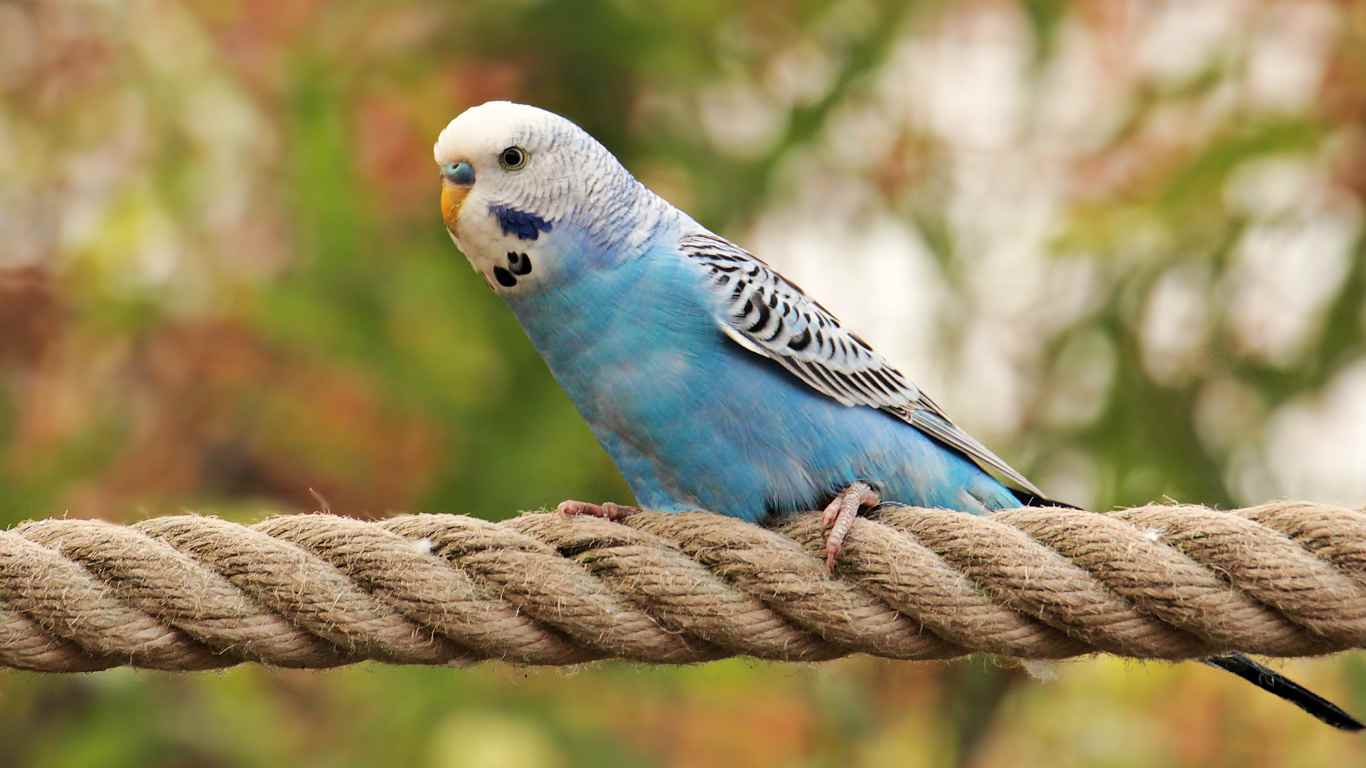Having a pet parakeet can be a delightful experience, but it also comes with responsibilities, including monitoring their health and well-being. One common concern that many parakeets’ owners face is feather loss.
Parakeets rely heavily on their feathers for a variety of important life functions, including flying, insulation, and defense against predators. If you notice your feathered friend losing feathers, it’s essential to understand the possible reasons behind it.
Normal Molting Process
Birds go through a process called molting, in which they naturally lose their old or damaged feathers and replace them with brand new feathers. Molting happens at regular intervals, usually once or twice a year, for parakeets.
The timing and frequency may vary from bird to bird, and it is essential to recognize the signs of normal molting. During this process, you may find small feathers around the cage or notice some changes in your parakeet’s appearance.
Causes of Feather Loss
The loss of feathers can be ascribed to a number of different circumstances; nevertheless, in order to successfully manage the problem, it is vital to determine the main cause. One of the primary reasons is nutritional deficiencies. Having unhealthy feathers might be a result of not getting enough of certain vitamins and minerals.
Stress and anxiety can also trigger feather-plucking behavior, causing the bird to lose feathers. Moreover, parasites and infections can also lead to feather loss in parakeets. Lastly, environmental factors such as exposure to drafts or extreme temperatures can contribute to feather problems.
Identifying Abnormal Feather Loss
While molting is a natural process, excessive feather loss or the presence of bald patches may indicate an underlying issue. Changes in your parakeet’s behavior, such as increased irritability or lethargy, could also be signs of abnormal feather loss. Observing these symptoms is crucial to take appropriate action promptly.
Common Health Issues
Feather-plucking is a behavioral problem where parakeets excessively groom and pull out their feathers. This issue is often linked to stress, boredom, or loneliness. Feather mites and lice are also common parasites that can cause feather loss. Additionally, bacterial and fungal infections may affect feather health, making it important to be vigilant about your parakeet’s hygiene.
Addressing Nutritional Needs
To promote healthy feather growth, providing a balanced diet is essential. A well-rounded parakeet diet includes a mix of seeds, pellets, fresh fruits, and vegetables. To decide whether or whether your parakeet needs any additional vitamin or mineral supplements to enhance the health of its feathers, it is best to consult with an avian veterinarian.
Managing Stress and Anxiety
Creating a calm and secure environment for your parakeet can significantly reduce stress-related feather-plucking behavior. Spend quality time with your bird, talk to them gently, and provide mental stimulation through toys and interactive activities.
Dealing with Parasites and Infections
Regular check-ups with an avian veterinarian are crucial for identifying and treating parasites and infections. Your parakeet may experience less discomfort and avoid more feather loss if the condition is properly diagnosed and treated as soon as possible.
Preventive Measures
Maintaining cleanliness in your parakeet’s cage is essential to prevent infections and mite infestations. Regular grooming can also help remove dust and debris from the feathers, ensuring they stay healthy and vibrant.
Encouraging Natural Behavior
Allowing your parakeet some out-of-cage time to fly and explore can contribute to their overall well-being. Keeping their minds active with a wide range of playthings and challenges helps reduce the likelihood of destructive feather-plucking behavior.
Using Natural Remedies
Aloe vera gel, among other natural therapies, may be used topically to treat skin irritation and stimulate feather development. Chamomile tea can be used to create a calming environment for anxious parakeets.
When to Seek Professional Help
It is imperative that you seek the advice of a trained avian veterinarian in the event that the feather loss in your parakeet continues or gets worse in spite of your efforts. They are able to perform an exhaustive evaluation and make therapy suggestions that are appropriate in light of the unique disease.
Conclusion
Feather loss in parakeets can be concerning, but it can often be addressed effectively with careful observation and appropriate care. Maintaining a balanced diet, creating a stress-free environment, and seeking timely veterinary help are vital steps to support your parakeet’s feather health.
FAQs:
What is molting, and is it normal for parakeets?
The process of molting, in which old feathers are removed and new ones develop in their place, is a natural one. Yes, it is normal for parakeets to molt.
How can I identify if my parakeet is experiencing abnormal feather loss?
Excessive feather loss, bald patches, and changes in behavior are signs of abnormal feather loss.
What are the common health issues that cause feather loss in parakeets?
Common health issues include feather-plucking behavior, feather mites, lice, and bacterial and fungal infections.
How can I provide a balanced diet to prevent feather loss?
Ensure your parakeet’s diet includes a mix of seeds, pellets, fruits, and vegetables. Consult a veterinarian for dietary advice.
When should I consult a veterinarian for my parakeet’s feather loss?
If feather loss persists or worsens despite your efforts, consult an avian veterinarian for a thorough evaluation and appropriate treatment.
